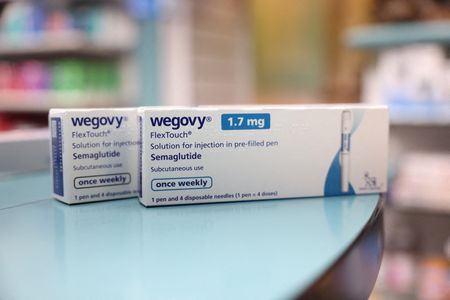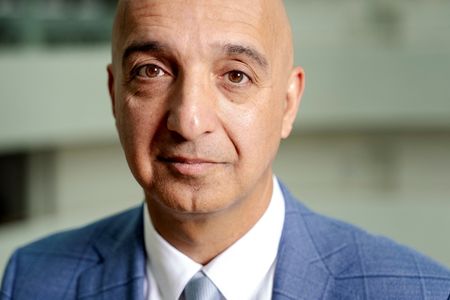LONDON (Reuters) – Britain will investigate the long-term effects of vaping on children as young as eight in a decade-long study of their health and behaviour, the government said on Wednesday.
The government has been cracking down on the rapid rise of vaping among children, with estimates showing a quarter of 11- to 15-year-olds have tried it out.
A ban on disposable vapes, sold for as little as five pounds, is due to come into force in June, and the Tobacco and Vapes Bill, currently passing through parliament, will limit flavours and packaging on vapes designed to attract children.
“The long-term health impacts of youth vaping are not fully known, and this comprehensive approach will provide the most detailed picture yet,” the health department said.
The 62 million pound ($78.1 million) study will track 100,000 people aged 8-18 years through the 10-year period, collecting data on behaviour and biology as well as health records, the statement said.
The World Health Organization has urged governments to treat e-cigarettes similarly to tobacco, warning of their health impact and potential to drive nicotine addiction among non-smokers, especially children and young people.
“It is already known that vaping can cause inflammation in the airways, and people with asthma have told us that vapes can trigger their condition,” said Sarah Sleet, CEO of British lung charity Asthma + Lung UK.
“Vaping could put developing lungs at risk, while exposure to nicotine – also contained in vapes – can damage developing brains.”
In Britain, unlike traditional cigarettes which are heavily taxed and face strict advertising limitations, vapes are not subject to ‘sin tax’ and carry colourful designs and fruity flavours that make them stand out on shop shelves.
The government, which plans to introduce a flat rate duty on vaping liquid from next October, said the study would provide researchers and policymakers with the evidence needed to protect the next generation from potential health risks.
It also launched a nationwide vaping campaign, due to roll out primarily on social media to “speak directly” to younger audience using influencers.
($1 = 0.7944 pounds)
(Reporting by Muvija M, Editing by Paul Sandle and Jan Harvey)











